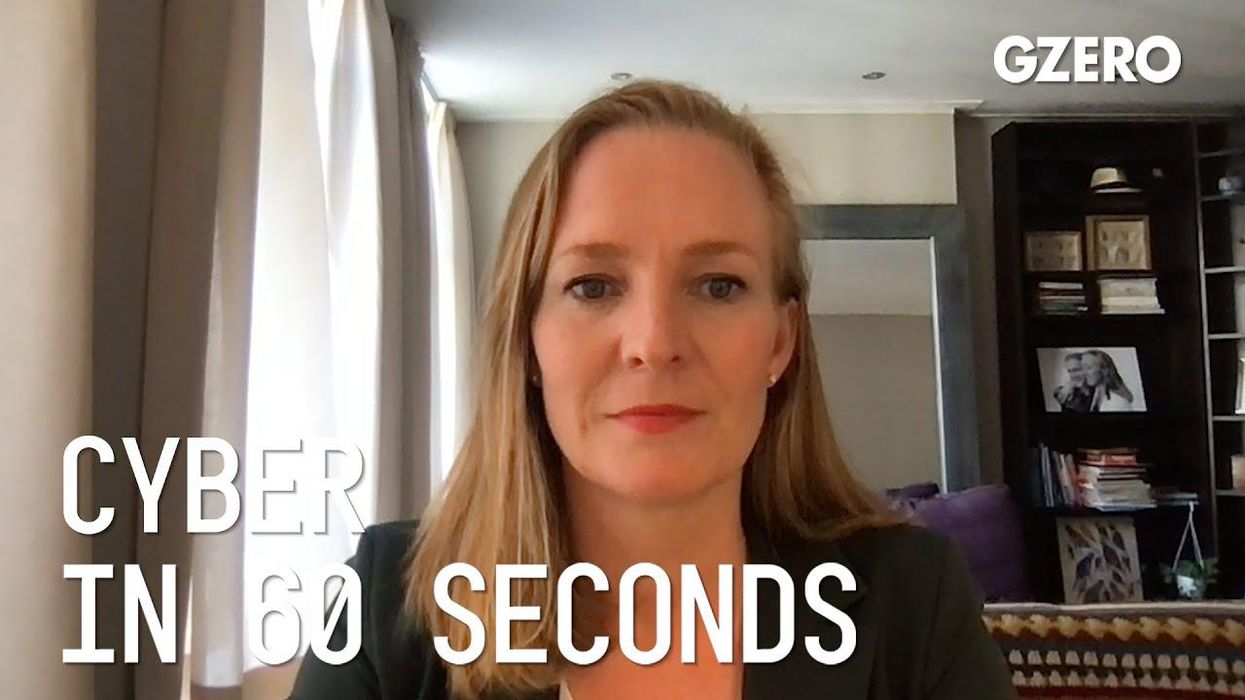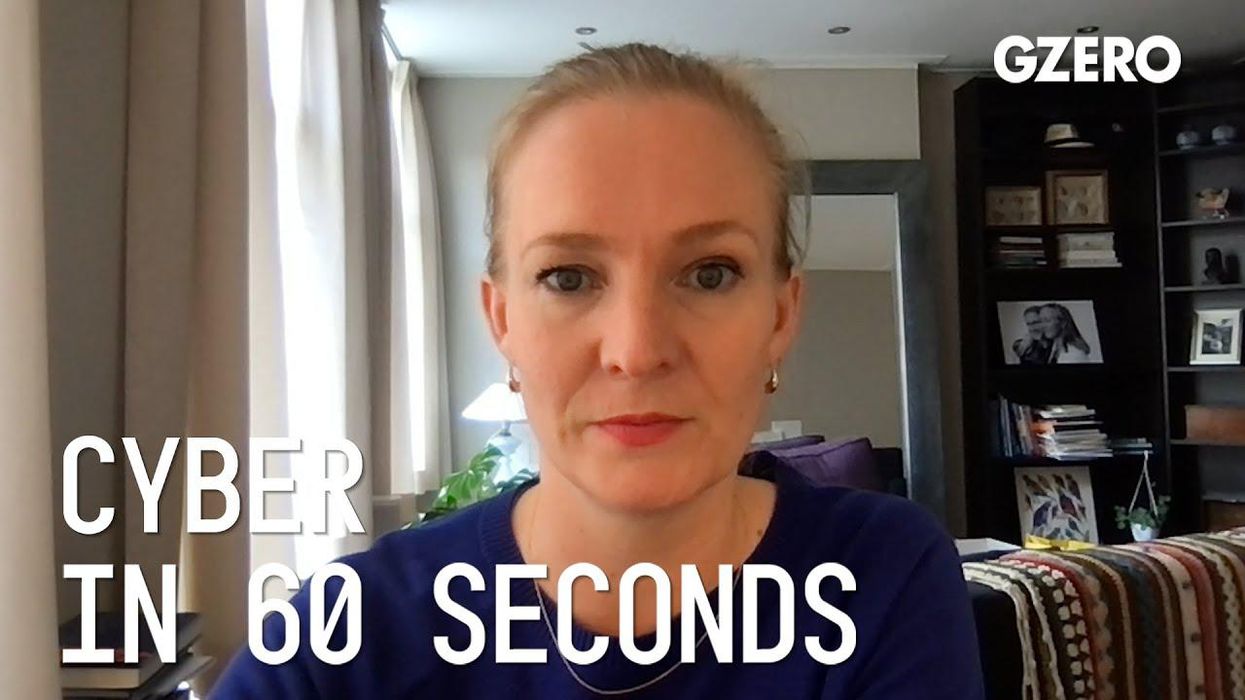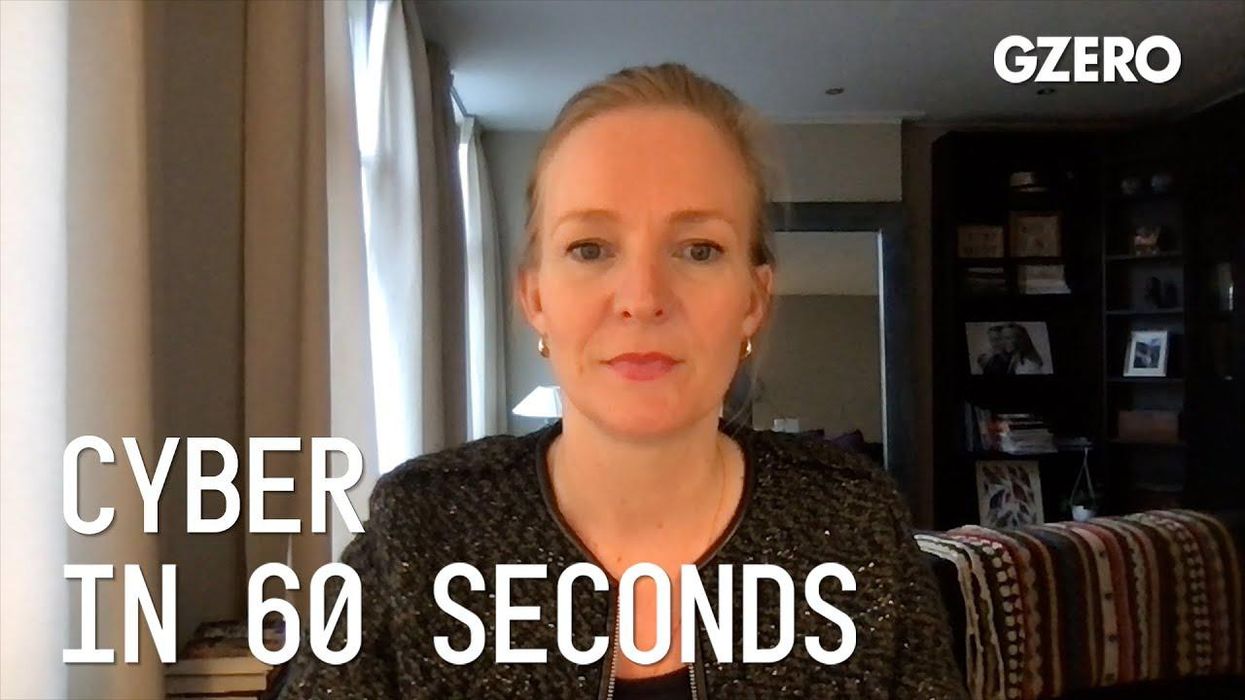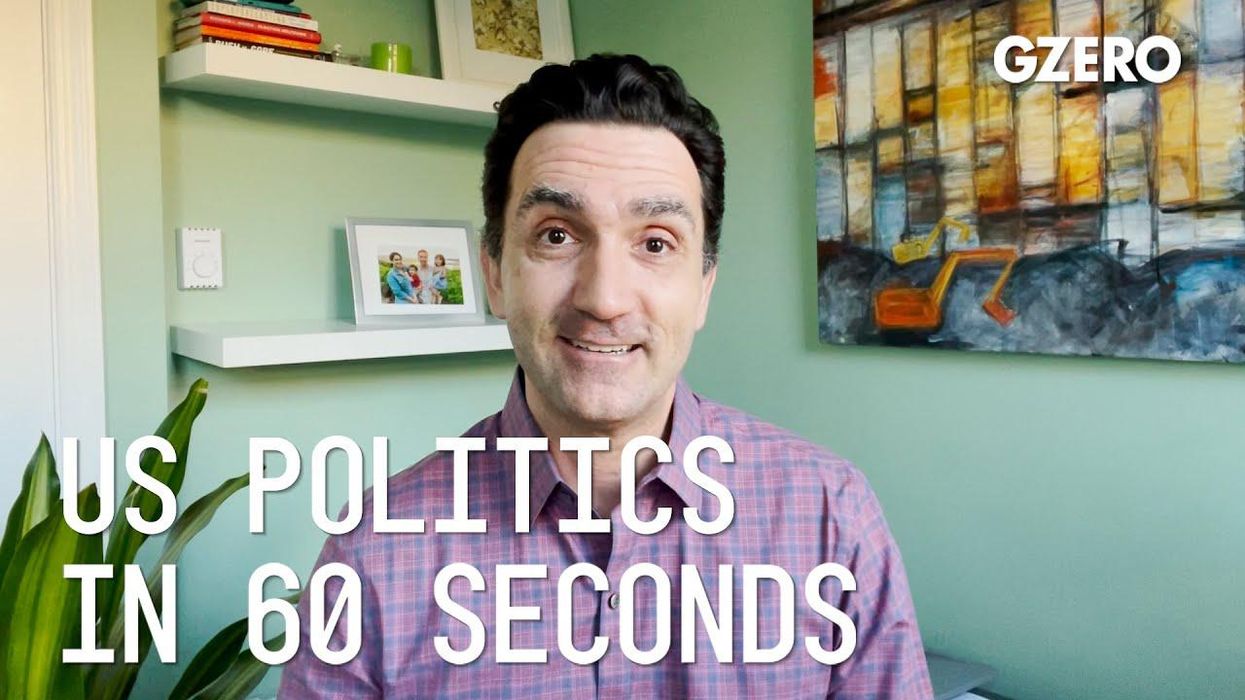GZERO AI Video
When AI makes mistakes, who can be held responsible?
In this episode of GZERO AI, Taylor Owen, professor at the Max Bell School of Public Policy at McGill University and director of its Centre for Media, Technology & Democracy, explores the issues of responsibility and trust with the widespread deployment of AI. Who bears responsibility when AI makes errors? Additionally, can we rely on AI, and should we trust it?
Feb 20, 2024






